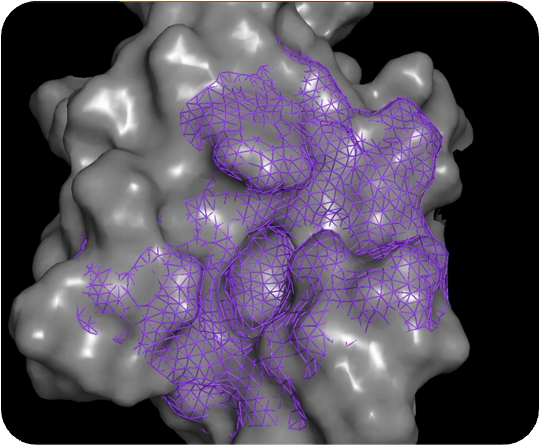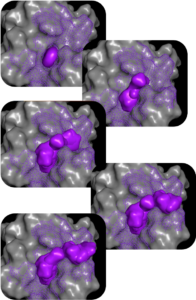Vision
Using AI to rethink the science of drug development
DeepCure was founded to accelerate breakthrough science, developed by world-leading AI engineers, data scientists and biologists.
Our founding team includes some of the industry’s preeminent drug-discovery scientists and technologists.
Our vision is to use AI-driven discovery to create better molecules and faster cures for every disease-relevant protein target.
Our Investors
Leadership

Joseph Jacobson, Ph.D.
Co-Founder
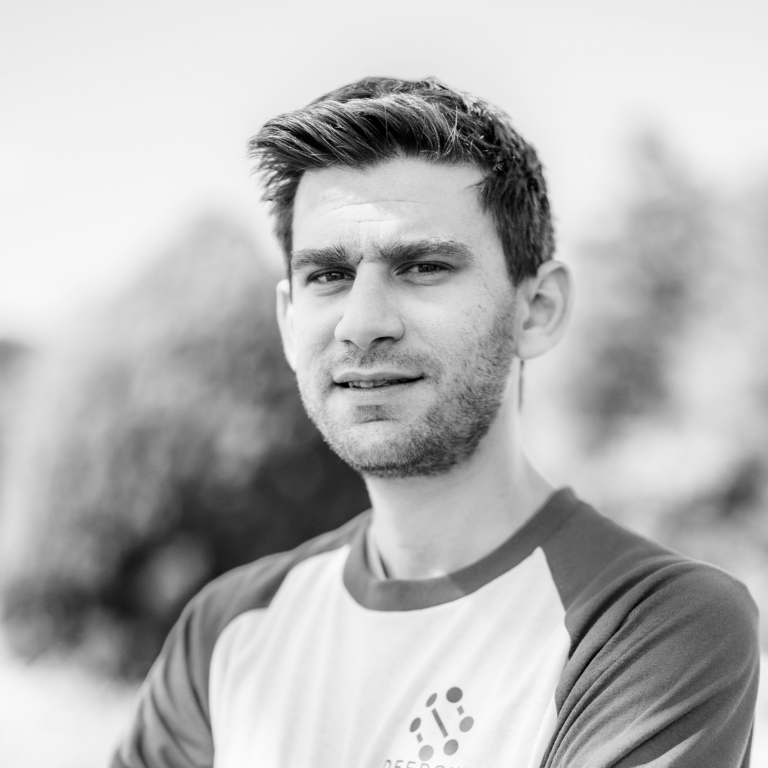
Thrasyvoulos (Thras) Karydis
CTO & Co-Founder

Luca Rastelli, Ph.D.
Chief Scientific Officer

Han Lim, Ph.D.
Chief Business Officer
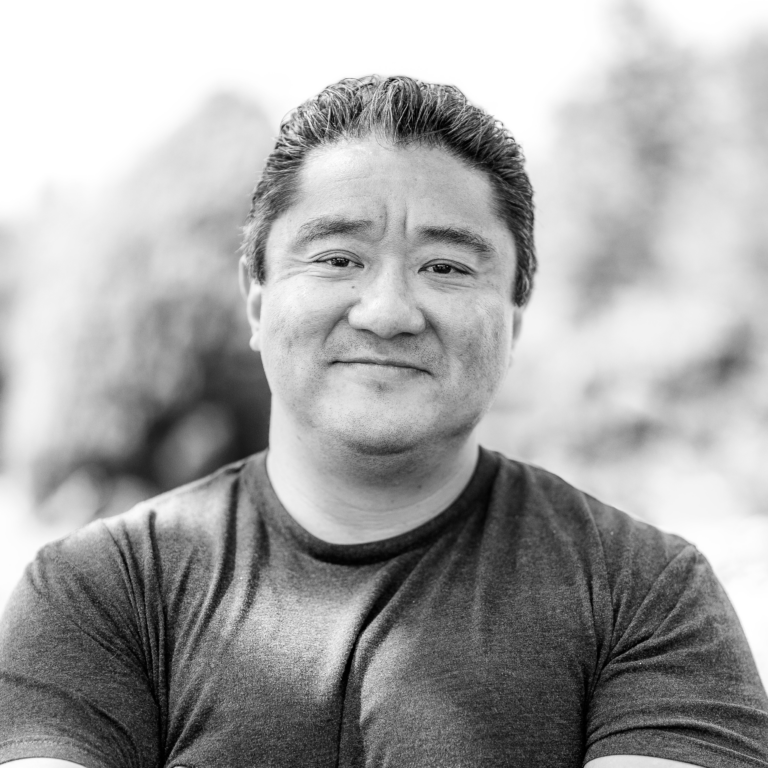
Derrick Miyao
VP of Molecular Foundry
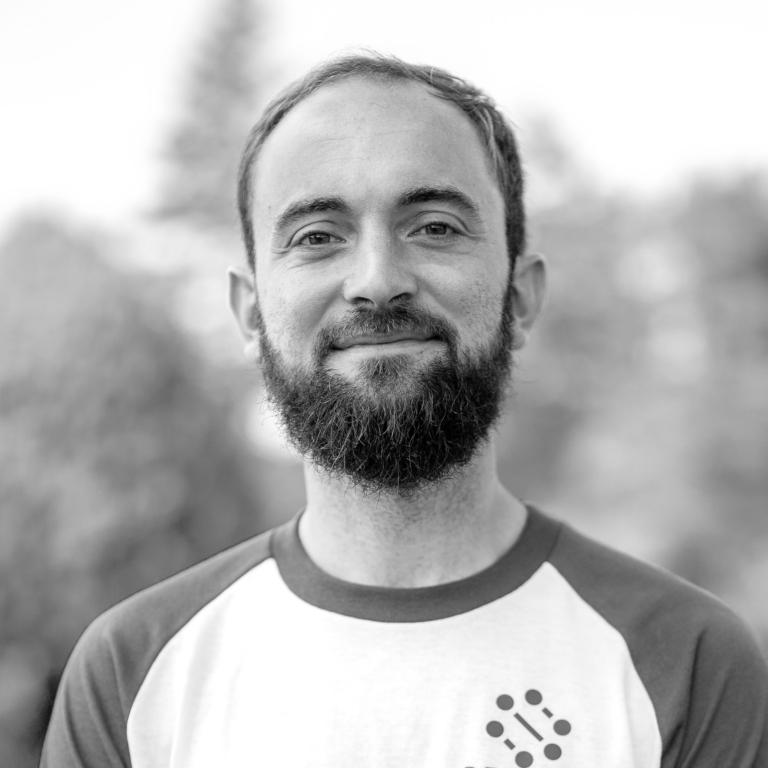
Derek Miller
VP, Head of Platform Research

Georg Duenstl, Ph.D.
VP of Drug Discovery
Board of Directors
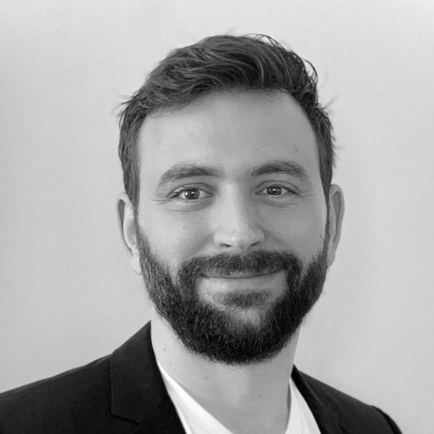
Kfir Schreiber
Director

Joseph Jacobson, Ph.D.
Director

Thrasyvoulos (Thras) Karydis
Director

Gerald Chan
Director
Jason Dinges
Director

Ehsan Jabbarzadeh, PhD, MBA
Director

Shahar Tzafrir
Director

Alex Kash
Observer

Yonatan Mandelbaum
Observer
Team

Wasim Akhtar
IT Specialist
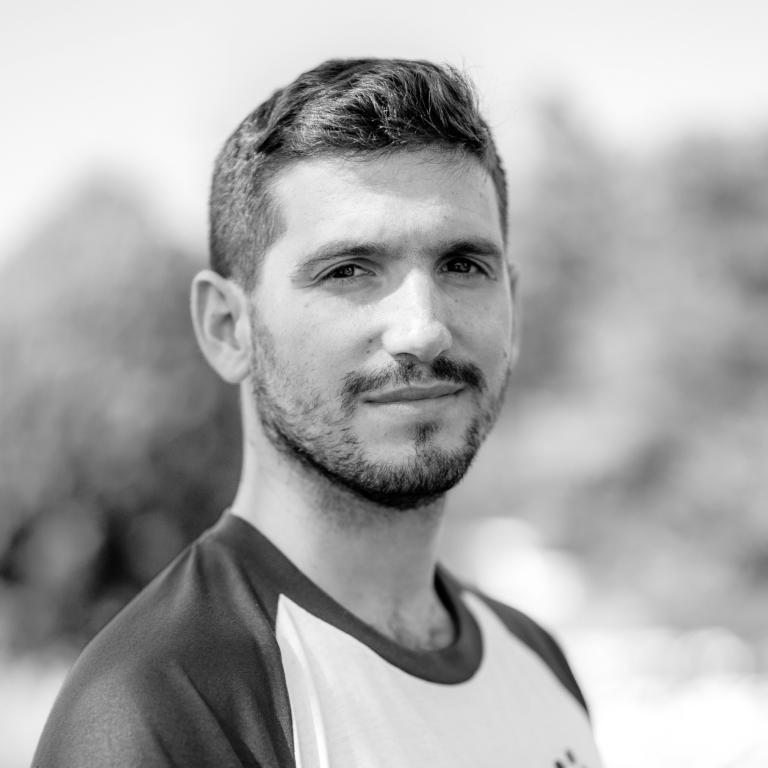
Panos Terzopoulos
Senior Machine Learning Scientist
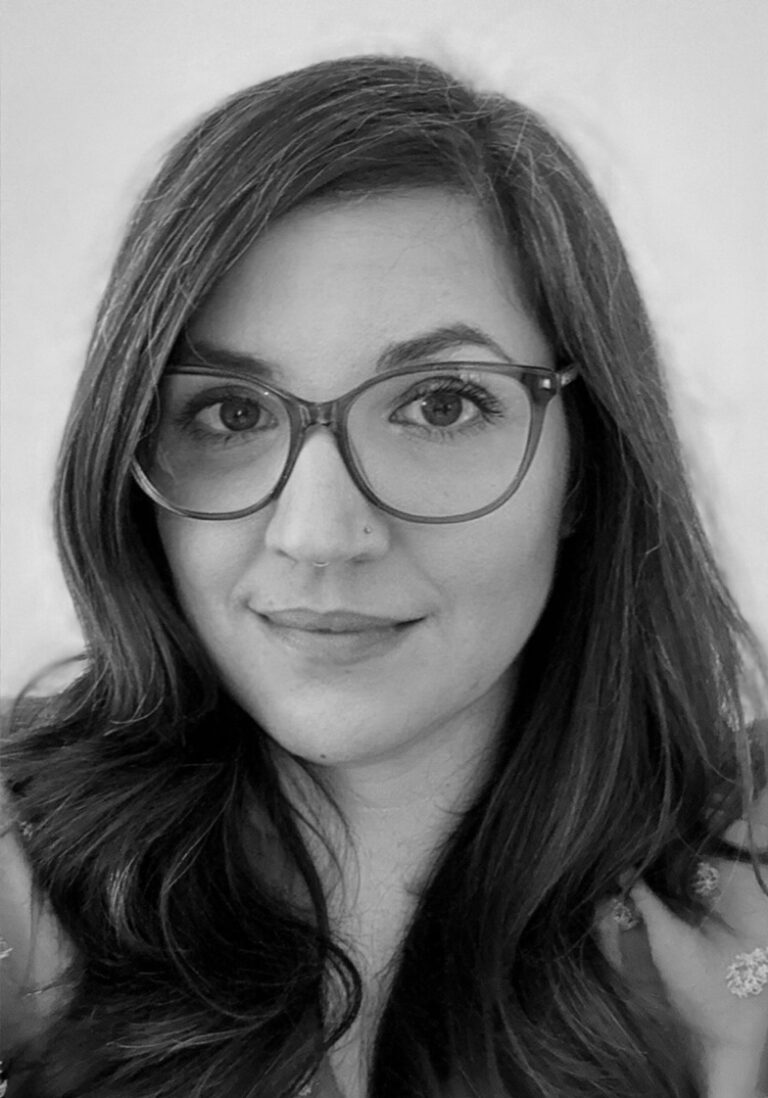
Michelle E. Fodor
Associate Director of Biophysics and Structural Biology

Ric Ogden
Director of Finance and Accounting
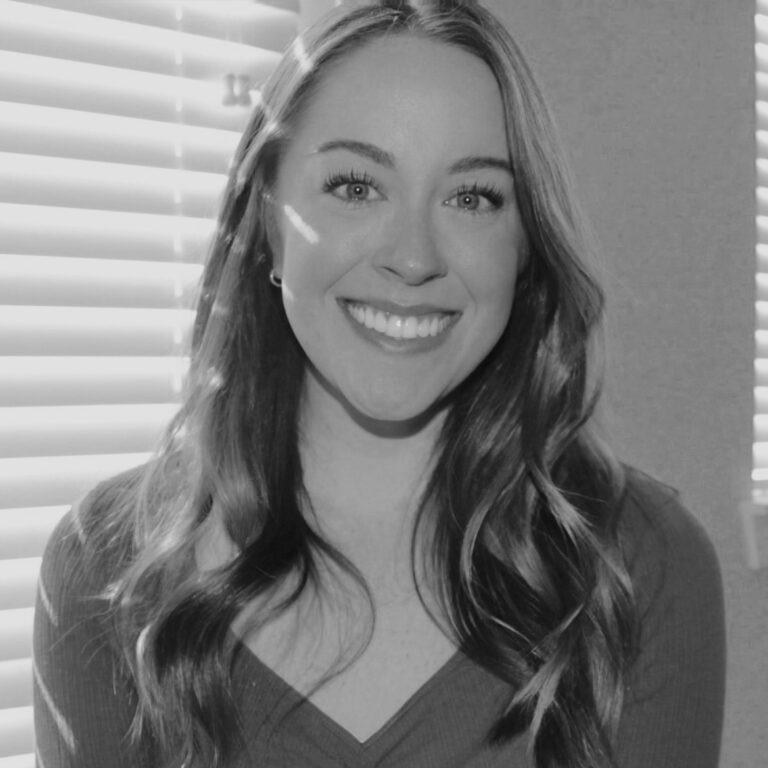
Allie Higgins
Scientific Program Manager
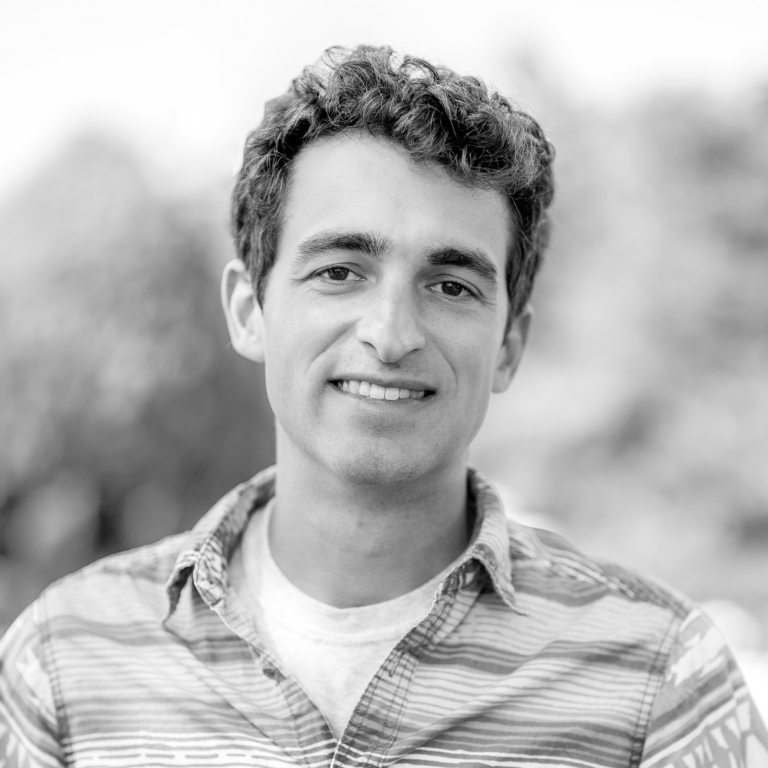
Daniel Graziano
Senior Data Scientist

Aayush Gupta, Ph.D.
Senior Scientist, Computational Chemistry
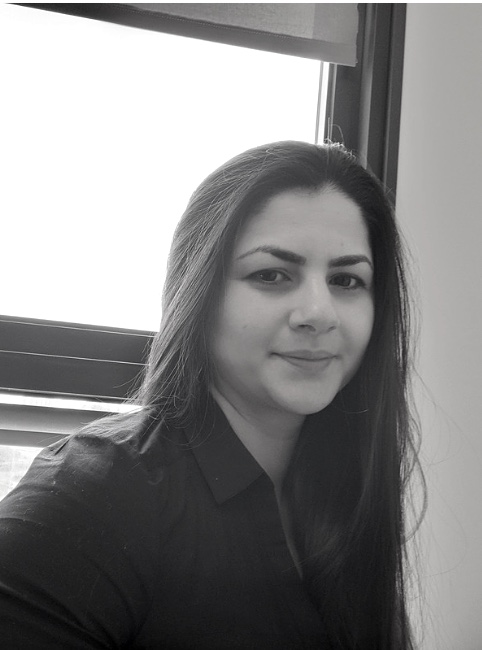
Elvira Haimov, Ph.D.
Principal Scientist, Medicinal Chemistry

Pegah Kolahi
Senior Scientist, Computational Chemistry

Matthew Tieman
Senior Machine Learning Engineer

MiJeong Kim, Ph.D.
Director of Immunology

Luke Nam
Senior Automation Engineer
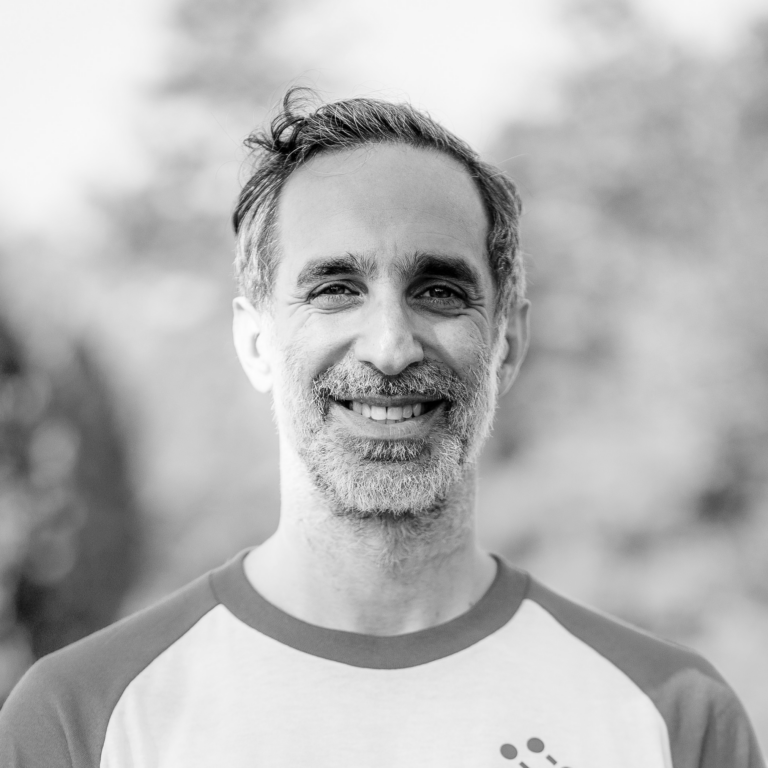
Jon Kaufman, Ph.D.
Associate Director, Physics-Based Machine Learning
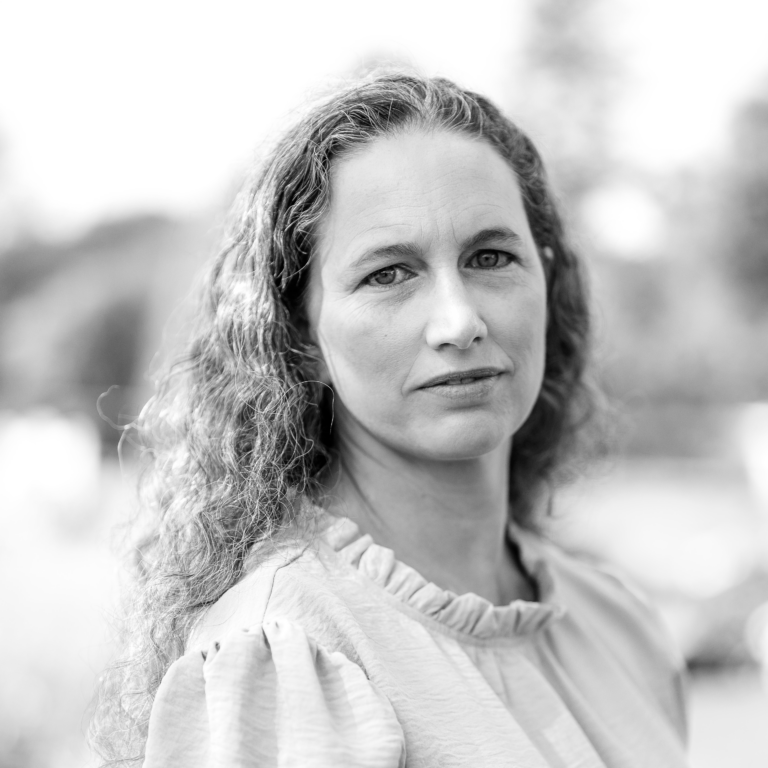
Michal Segal Salto, Ph.D.
Senior Director, Biology
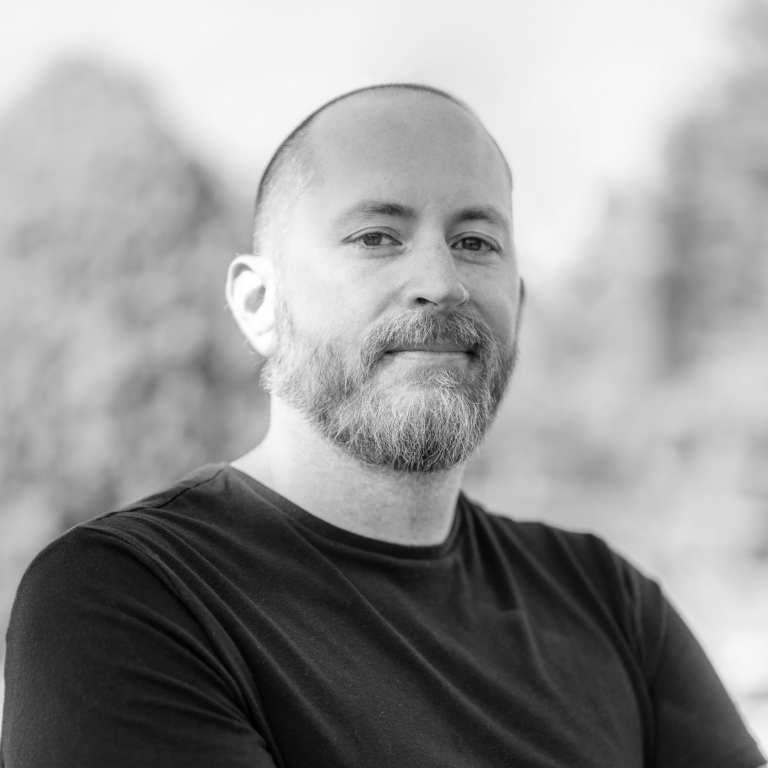
Chris MacNaughton
Software Architect

Ryan Ratcliff
Associate Software Architect
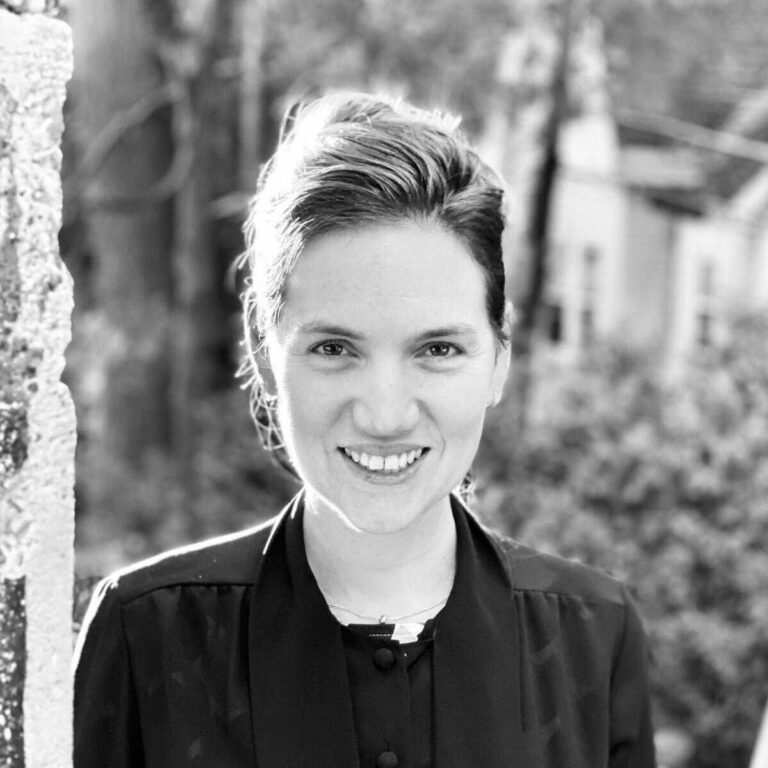
Ayelet Wagner Azran
Director of People Operations
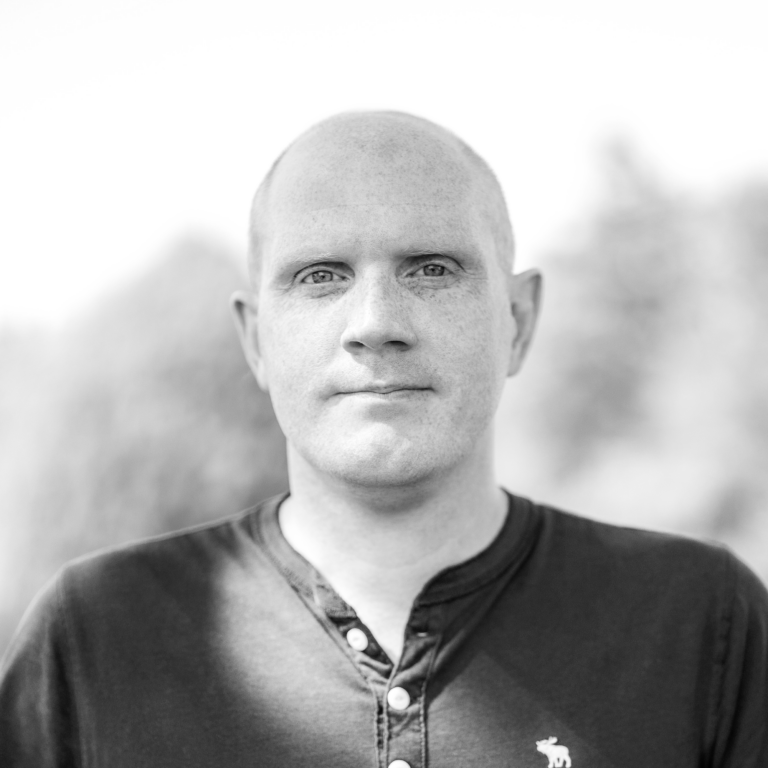
Steven Ferrara, Ph.D.
Director of Medicinal Chemistry

Jason Deckman, Ph.D.
Senior Scientific Software Engineer

Carlos Borca, Ph.D.
Principal Scientist, Computational Chemistry

Kelvin Chan, Ph.D.
Director of DMPK
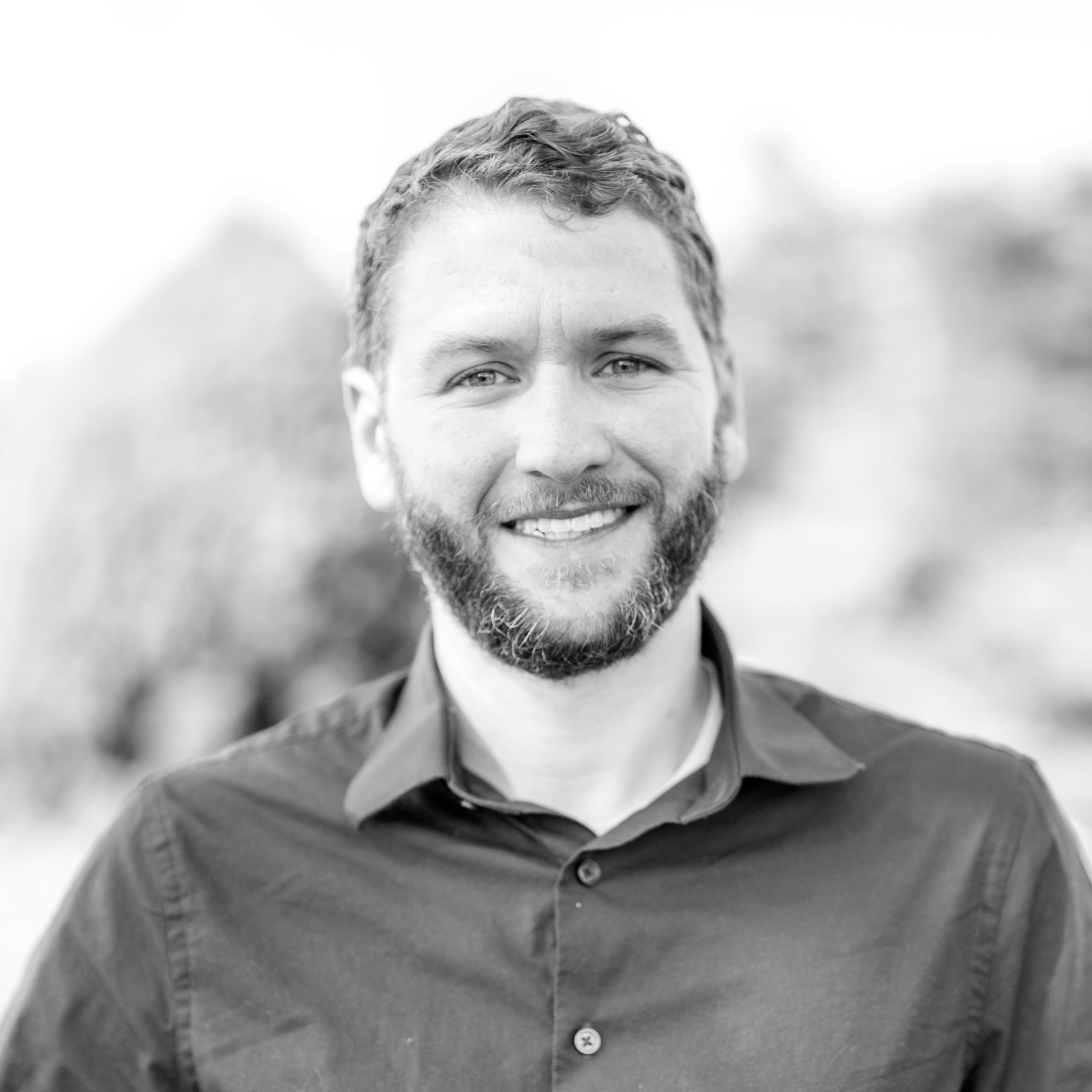
Jacob Gillis
Associate Director, Program Operations
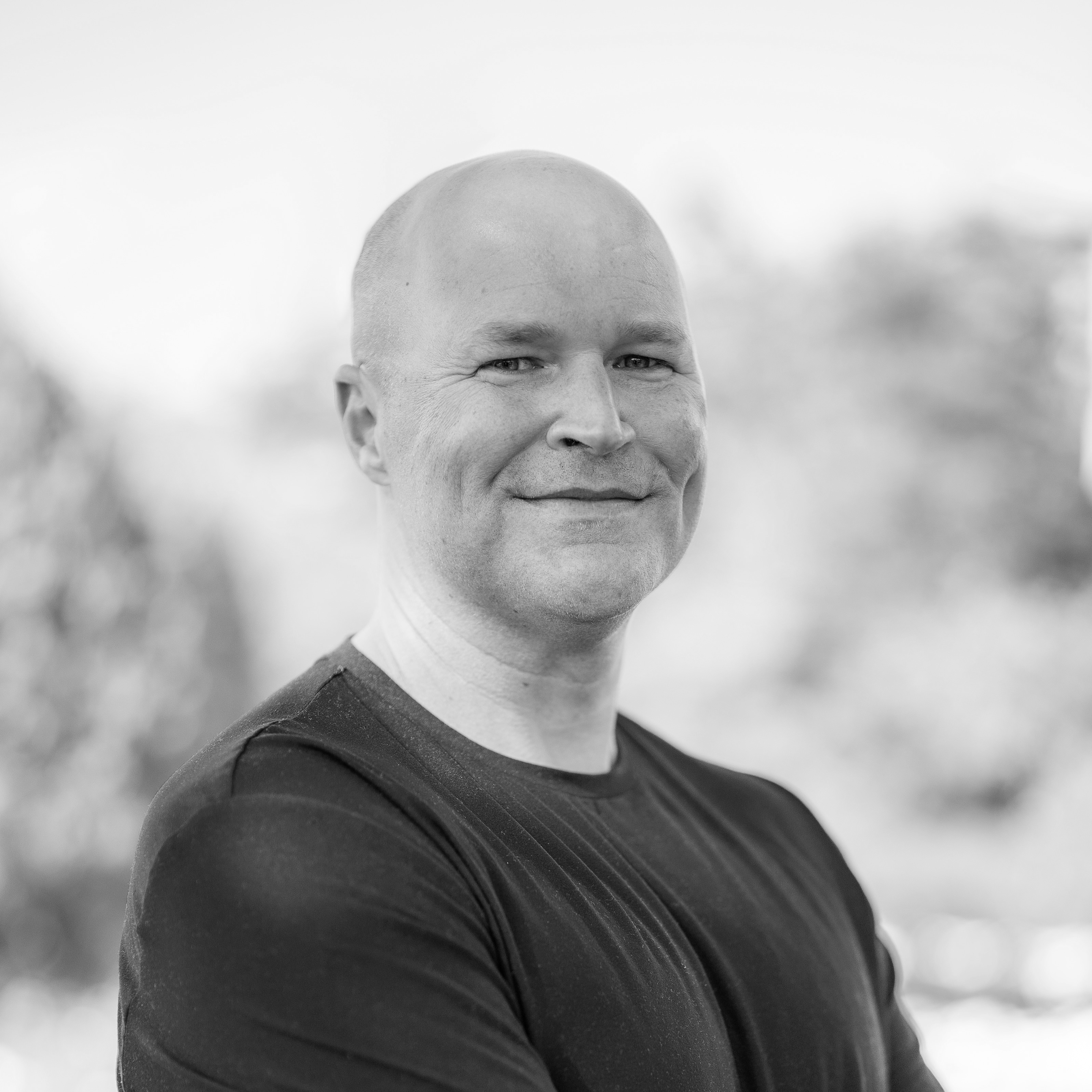
Mark Schroering
Associate Director, Lead Architect
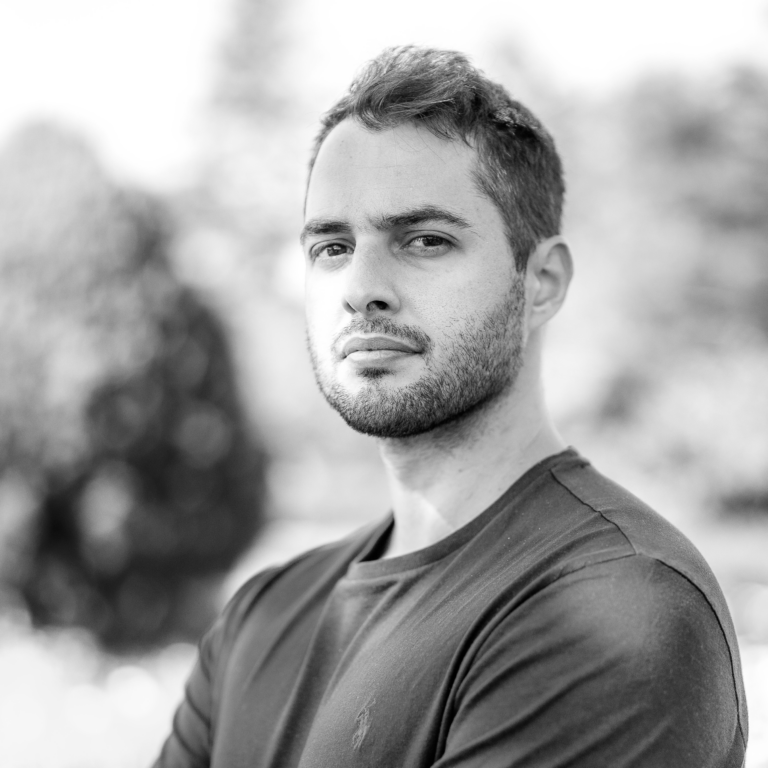
George Bikos
Senior Software Engineer
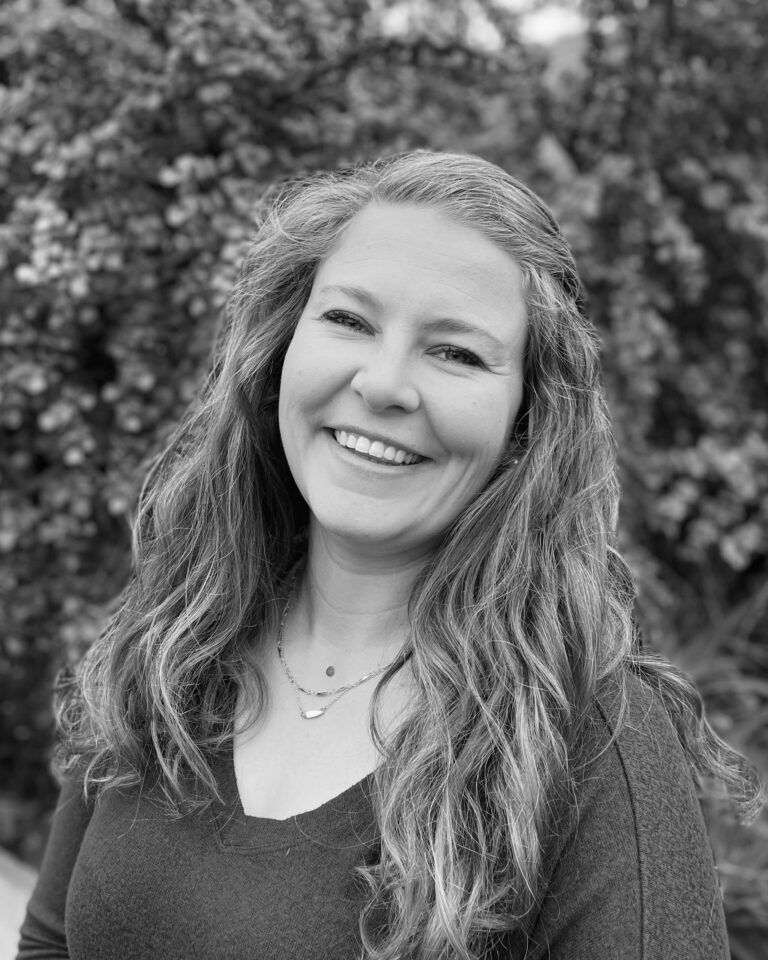
Heather L. Osswald, Ph.D.
Associate Director, Automated Chemistry
